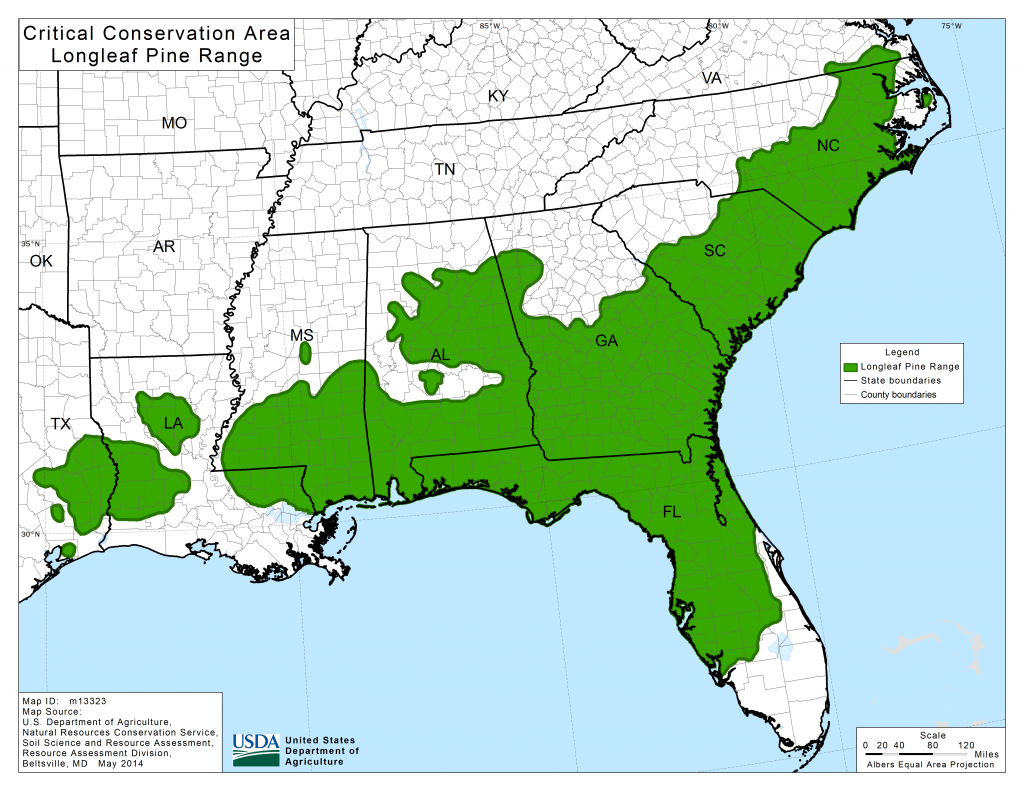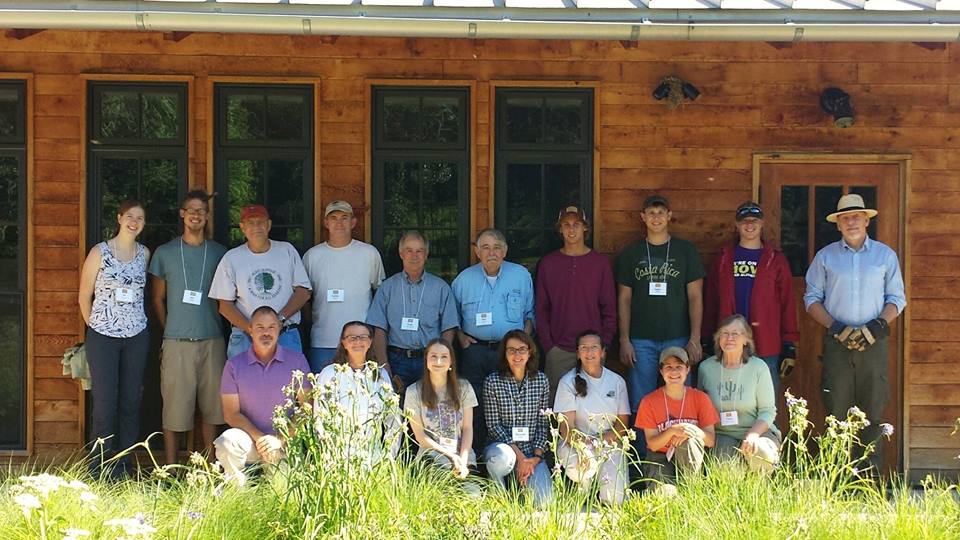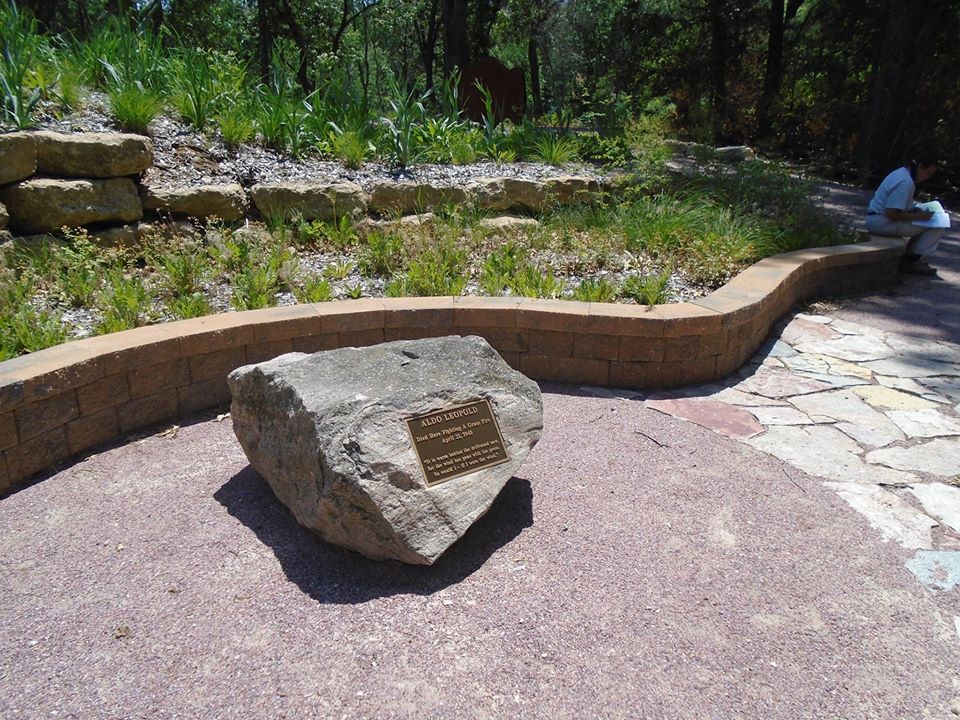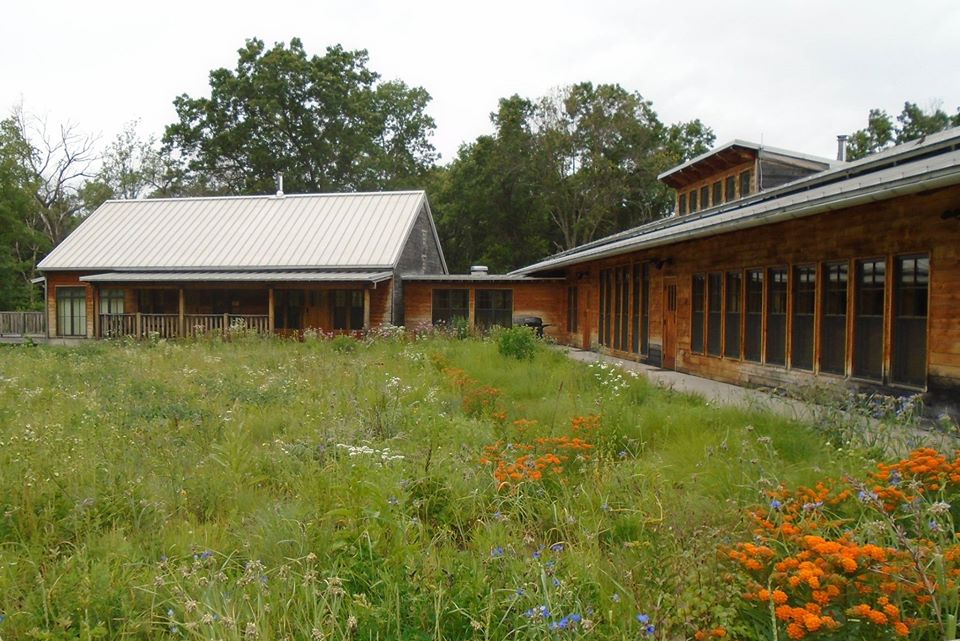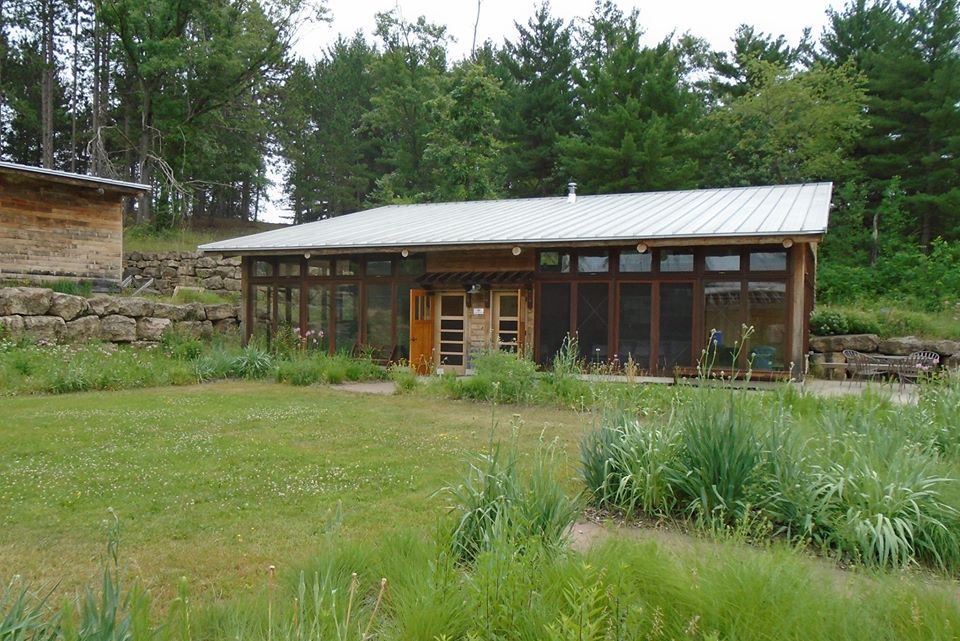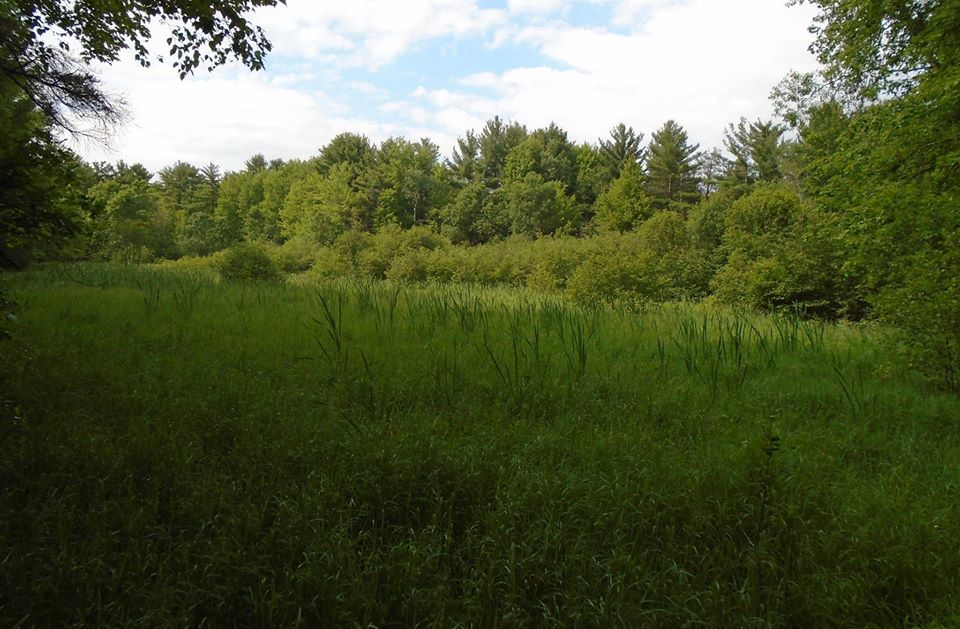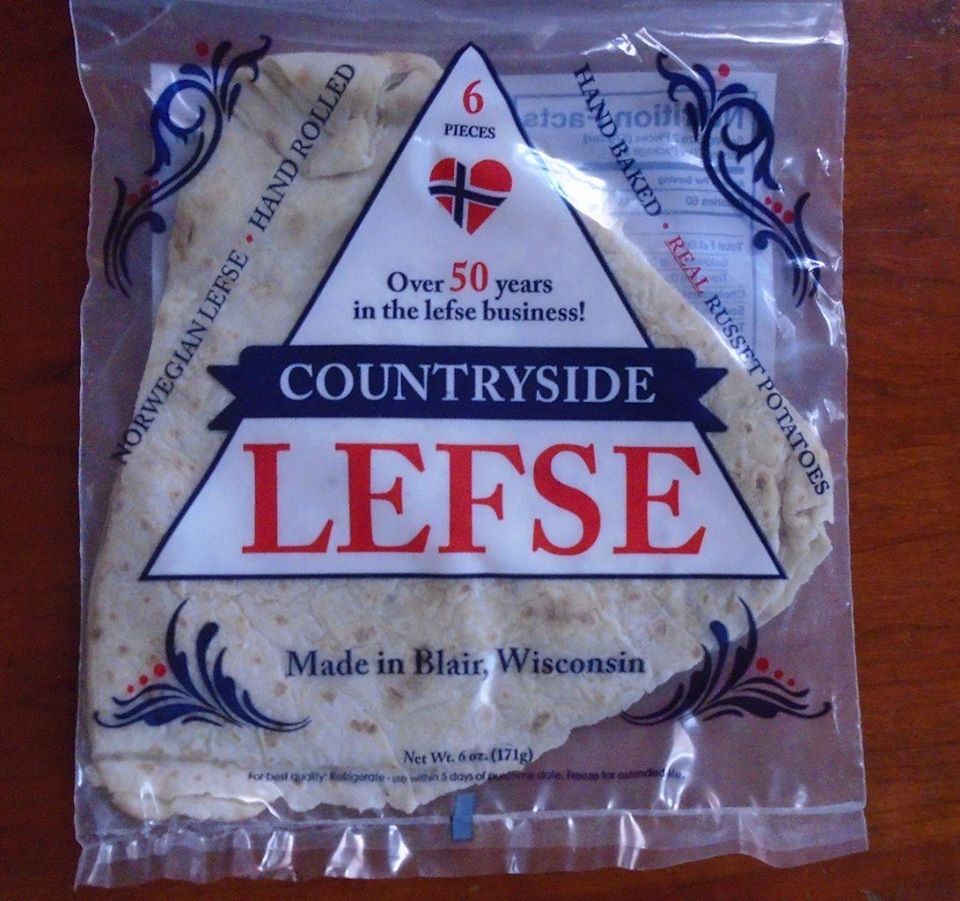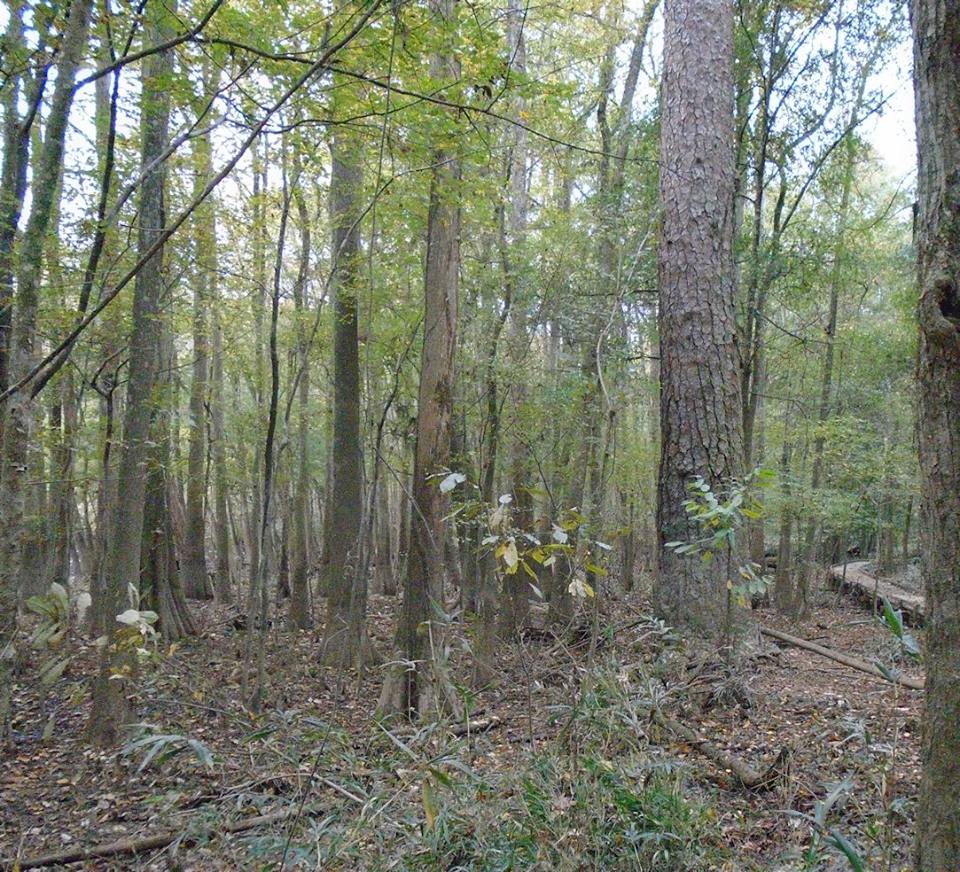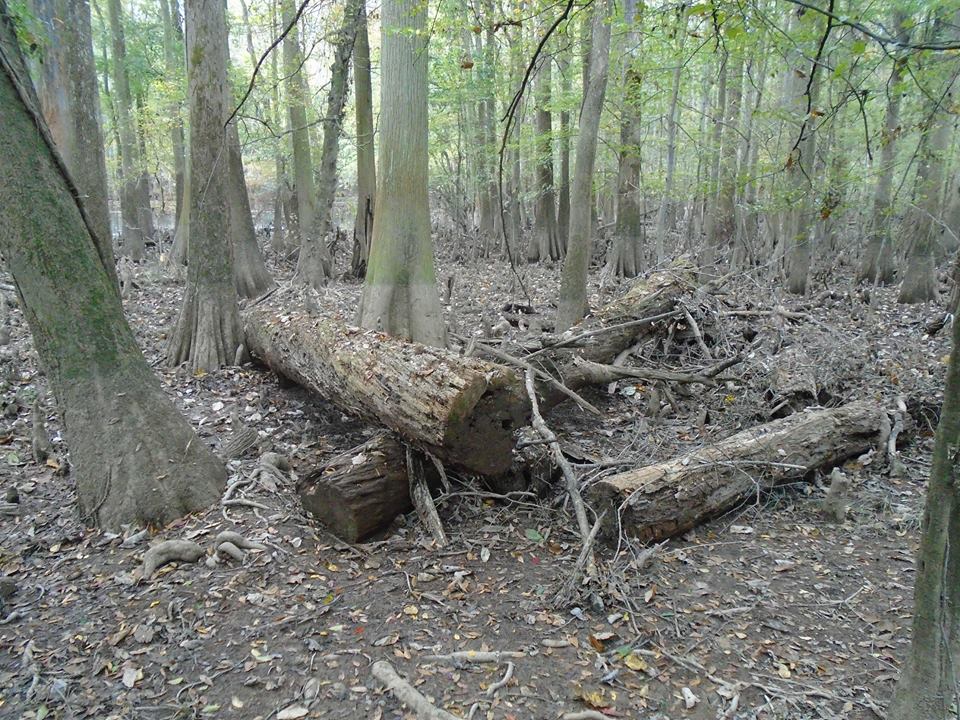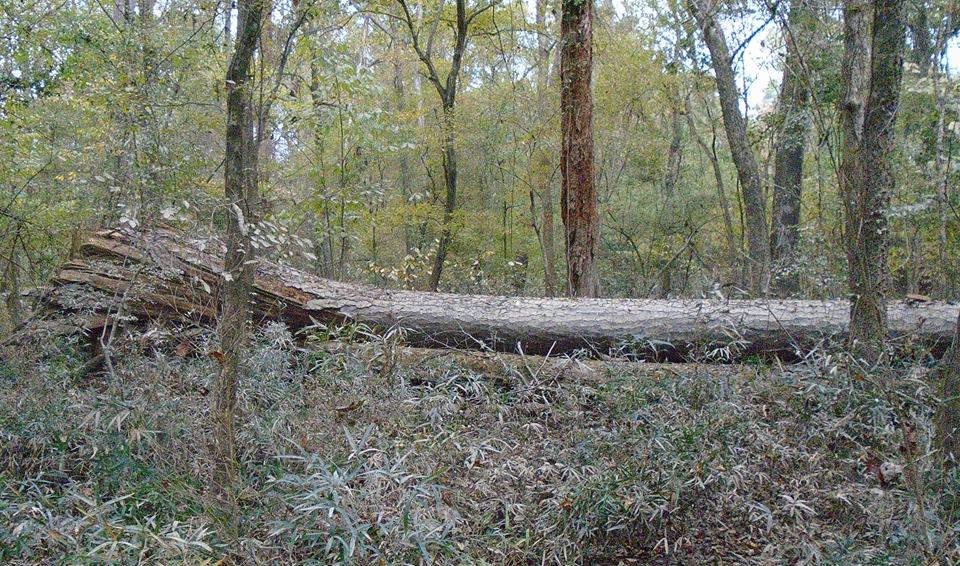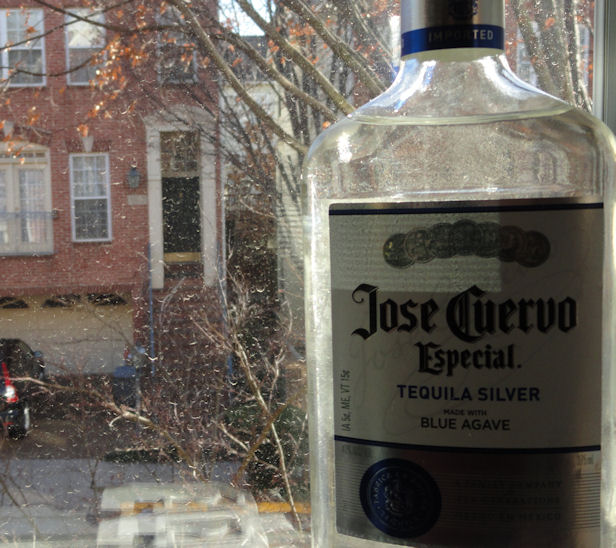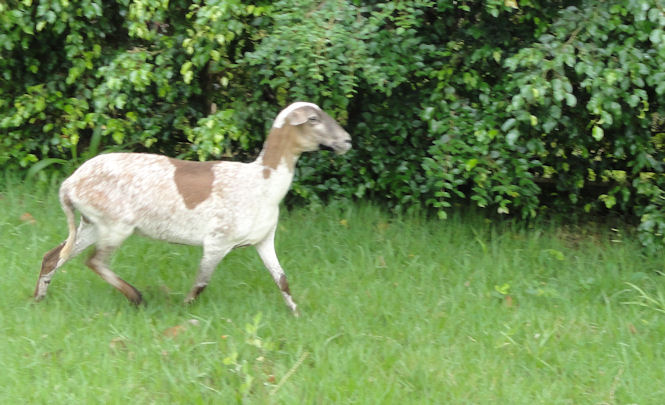The last time I drank tequila was on January 4, 1974. I worked at Medusa Cement Company over Christmas break that year. It was tough work. I did the night shift, midnight to noon, unloading hopper cars full of cement. It was cold. I remember being out there looking at the Allen-Bradley clock and temperature. I can still picture it today, the clock at one in the morning and the temperature -5 or less. We would run out to the hopper cars and set up the shakers and then run back in to our shacks with heaters. The heaters ran on propane and were shaped like torpedoes. They produced lots of heat along with of noxious fumes and the occasional belch of flame. My partner LC Duckworth (he evidently had no first name, just initials) actually set his pants on fire when he fell asleep in front of the heater. No real harm was done. It was only on the bottom and the coveralls were fire resistant. He woke up a little startled. I ran in and I helped put him out.
I made the big bucks that year; at least it was big bucks to me at that time. The twelve hour shifts meant four hours a day of time and a half overtime, but it interfered with my social life, which consisted mostly of boozing with my friends. My nights were always cut short, as I had to be to work at midnight. In that time and place, they didn’t really mind if showed up a little tipsy. In the land of soaks, the semi-sober man is king. I have a theory about how this affected all of U.S. society, which I include below. But I still felt oppressed and longed for the end of my working term so that I could go back to my dissolute ways.
I finished my working week and my working term on Friday and set up a party at my house, in the basement. With some of the big bucks I made, I bought all sorts of booze. I used to walk back from work and buy a couple of bottles at Bay View Liquor on my way home, so I had the feeling that I was building up to this for a long time. I invited all my friends and acquaintances. My plan was to give away free booze. I would stay perfectly sober and talk to my old HS friends. That was the plan. The flaw in my bold plan was that everybody else was drinking. It is not much fun to talk to drunks when you are not among them. So I set about to catch up.
I had a long way to go and wanted to get there quick as I could. There was a bottle of tequila that had remained untouched. I started to drink that, one shot at a time, but persistently and with vigor. I am not really sure if I finished the bottle, but I knocked down a lot of it. The last thing I recall from that night was noticing that it seemed like I was looking through a broken mirror and the world was spinning. The last person I remember seeing was a girl I knew from HS called Janie Peterson. There was a two or three of these Peterson sisters. They all looked alike and they all were blond and pretty. I didn’t impress her. Actually, I am not entirely sure she was there. Lots of things I remember from that time may not have happened and many things that happened I forgot.
The next morning I woke up with no way to hold my head that didn’t hurt. As an experienced boozer, I thought that I would take care of it in the usual way. My method was to run. It moved the blood around and provoked a horrendous headache. After about a mile you would usually throw up, but then you felt okay. I still recall with some fondness walking back in the sublimely icy air (it was winter a lot in Wisconsin) feeling restored. Not this time.
This time I could not even get out of bed. When I stood up, the world would spin and I fell back. I was really thirsty, but just about as fast as I could drink water, I would throw it back up. I spent the whole day trying to get up, drinking some water, throwing it up, sleeping a little and then starting it all over. Sometime around evening, I could move again. I was extraordinarily hungry. There was not much around the house and in those days we didn’t have that many restaurant choices. I walked down Kinnickinnic Av and ended up in “the Ritz.” It was not a great place, but it was open. Hunger is the best cook and I recall with joy the greasy hamburger and fries.
This experience did not entice me to swear off booze or even swear off tequila, but I found that the smell of tequila and even the thought of tequila brought back vivid and unpleasant memories. I didn’t drink a drop of tequila for the next nearly forty years, no Margaritas, no tequila sunrises, no tequila with salt or lemon, nothing.
I told this story to Espen, who told me that I should give tequila another chance on the fortieth anniversary of the great unpleasantness. I didn’t quite wait for forty years, jumping the gun by a couple weeks. I tried tequila again. It was surprisingly hard to drink a shot. It was like jumping into a pool of cold water, ready – go…go. Are you going or not? But I did it. It didn’t taste that bad, but neither was it good. It was a long run for a short slide, something maybe worth doing but not worth thinking about doing for four decades. I will never become a fan of tequila, but I suppose I should be grateful to the cactus whiskey for crystallizing a memory.
Re my theory of boozing and work. I was a member of the Longshoremen’s Union Local 815 back in the early 1970s. We were in that union because we were near the river and some of our cement came in boats. Most of my brothers worked on the Milwaukee docks and most were hard workers. Many were also boozers, but it didn’t matter. You could come to work a little tipsy and some of the jobs didn’t require that you work every day. You could show up and work hard for a few days and then take off. The hard manual work could be done by people recovering from a bender. I observed that guys sweating out a drunk are often very hard workers. Besides, there were “opportunities” to find things that “fell off the back” of trucks. This world was destroyed in the 1970s when containerized cargo came in. They needed fewer men to work on the docks and those men could no longer be boozers. They had to run big machines and come in every day. IMO, some of the homeless problem can be blamed on these developments. There was a general disappearance of short-term, itinerant jobs. Some guys can work hard, they just cannot work consistently. They had a place before; they do no longer. I am not saying this was a great world. It was not. But it did have an easier time for some marginal people.
